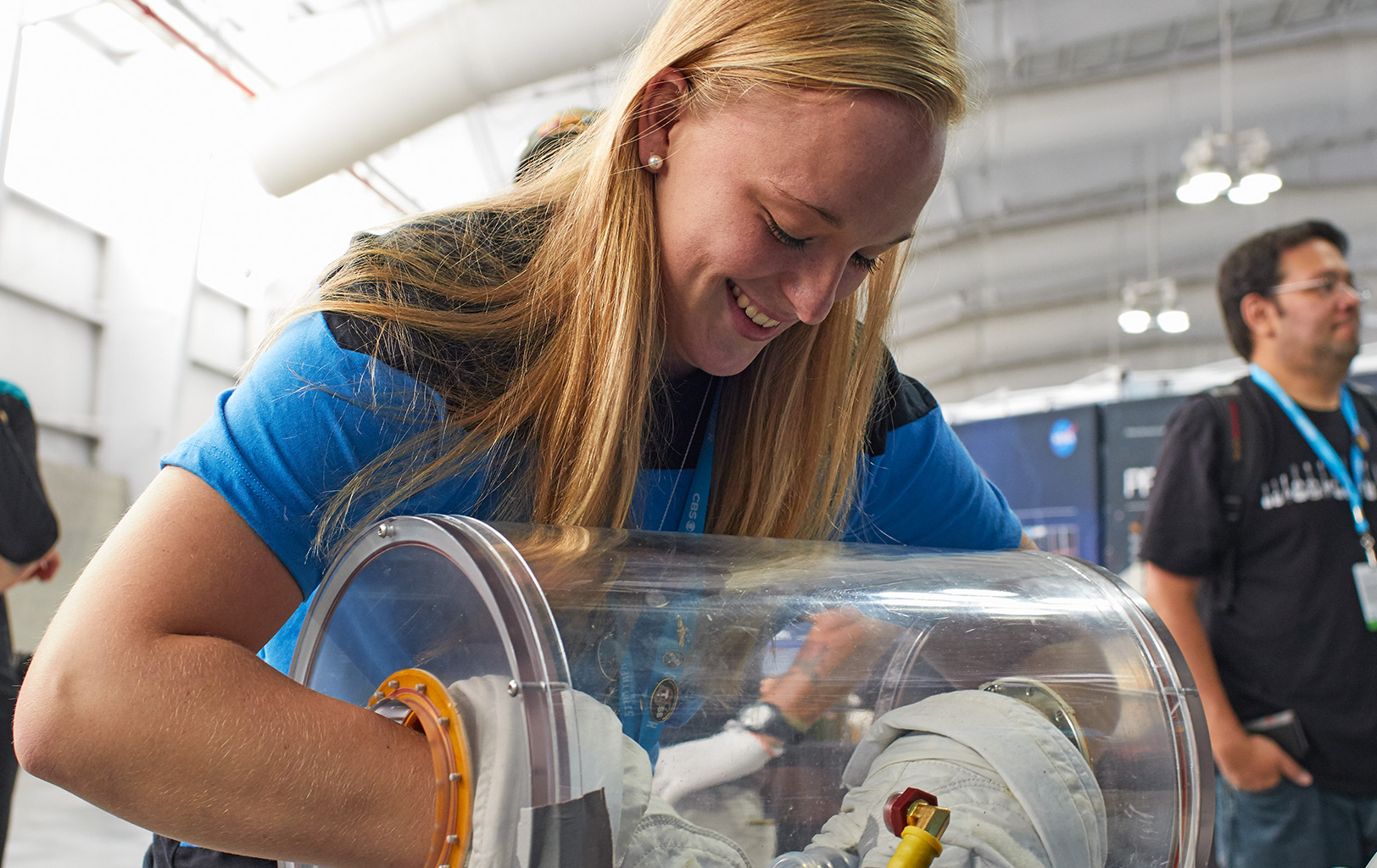Astronomers Without Borders donate 16,000 solar eclipse glasses to Ethiopia for rare 'ring of fire' spectacle

The nonprofit group Astronomers Without Borders is sending 16,000 recycled eclipse glasses to Ethiopia for the "ring of fire" annular eclipse on Sunday (June 21), providing skywatchers a safe way to watch the moon cross in front of the sun.
The organization partnered with Explore Scientific to collect "gently used" eclipse glasses after the Great American Solar Eclipse that swept across the continental U.S. from coast to coast on August 21, 2017. Eclipse glasses allow people to safely look directly at the sun without damaging their eyes.
The two groups set up more than 1,000 collection centers at libraries, schools, museums, city halls, police stations, national parks, community centers and businesses across the U.S. By the end of the collection campaign, skywatchers had donated more than 5 million recycled eclipse glasses, according to a statement from Astronomers Without Borders.
Related: Solar eclipse guide 2020: When, where & how to see them
"Living in such uncertain times, we hope that by sharing across space and time the experience of witnessing the natural beauty of a solar eclipse we can help transcend borders and bring a sense of peace and togetherness, which is so needed these days," Zoe Chee, interim executive director of Astronomers Without Borders, said in the statement. "Thanks to the generosity of so many across the U.S., we are excited to be able to offer access to this amazing celestial phenomenon to those who otherwise would have missed out."
All of the recycled eclipse glasses were inspected by volunteers of the nonprofit group called North West Arkansas Space to ensure they meet safety certifications and were not damaged or counterfeit.
Astronomers Without Borders already distributed 40,000 glasses to Argentina, Chile and Peru for the July 2019 eclipse, and more than 20,000 to India, Sri Lanka and China for the December 2019 eclipse, according to the statement.
Get the Space.com Newsletter
Breaking space news, the latest updates on rocket launches, skywatching events and more!
For the annular eclipse on June 21, the organization is sending 16,000 glasses to the town of Lalibela in northern Ethiopia. Local volunteers will distribute the glasses to households and neighboring villages and explain when to watch the eclipse and how to do so safely.
An annular solar eclipse occurs when the moon is at the farthest point from Earth in its orbit and passes between our planet and the sun, creating a "ring of fire" but not fully blocking out the sun's light. The wispy halo called the corona that appears during a total solar eclipse is not visible during an annular one.
On June 21, skywatchers across Africa, southeast Europe, Asia and the Pacific will be able to see at least a partial eclipse, with the moon blocking a portion of the sun. However, the best views of the full annular solar eclipse can be seen from countries along the centerline, which stretches from central Africa to northern India, China and Taiwan.
If you don't live in the path of the solar eclipse, don't fret. You can watch it live online in one of these awesome webcasts.
- We're T-minus 4 years to the next Great American Solar Eclipse in 2024
- How to safely observe the sun (infographic)
- What to do with your eclipse glasses
Follow Samantha Mathewson @Sam_Ashley13. Follow us on Twitter @Spacedotcom and on Facebook.
OFFER: Save 45% on 'All About Space' 'How it Works' and 'All About History'!
For a limited time, you can take out a digital subscription to any of our best-selling science magazines for just $2.38 per month, or 45% off the standard price for the first three months.
Join our Space Forums to keep talking space on the latest missions, night sky and more! And if you have a news tip, correction or comment, let us know at: community@space.com.

Samantha Mathewson joined Space.com as an intern in the summer of 2016. She received a B.A. in Journalism and Environmental Science at the University of New Haven, in Connecticut. Previously, her work has been published in Nature World News. When not writing or reading about science, Samantha enjoys traveling to new places and taking photos! You can follow her on Twitter @Sam_Ashley13.










